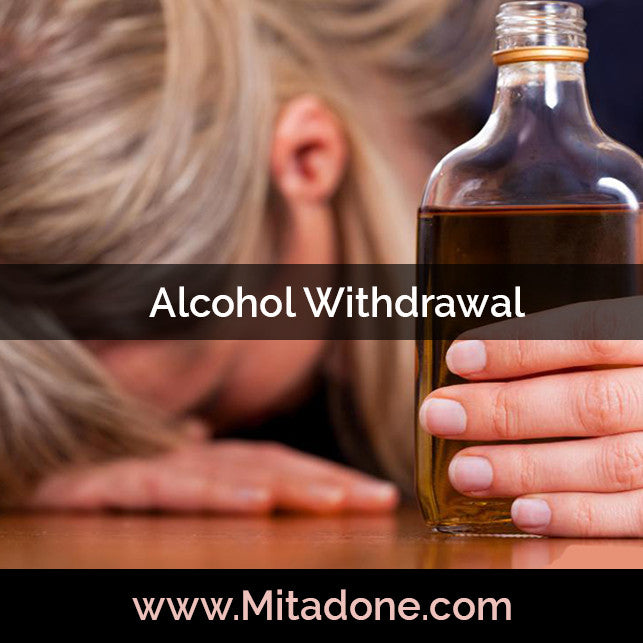
Alcohol Withdrawal
By TAPESH BHARGAVA
Over 1.8 million people die every year due to an alcohol-related incident across the world, the World Health Organization reports. This may seem like a textbook fact, something so removed from your daily life it can’t possibly affect you. Unfortunately, that’s not true, and it’s important to help those you care about to seek help if they find themselves fighting an addiction to alcohol.
When it comes to finding a way out of addiction, many people find it incredibly difficult – or even impossible – because of the symptoms that are linked to withdrawal. Alcohol withdrawal can have the worst side effects, especially when experienced by heavy drinkers or someone who has been an alcoholic for a very long time.
Alcohol Withdrawal Symptoms
Some of the physical effects of alcohol withdrawal will include minor inconveniences (which won’t seem so minor to the person experiencing the inconvenience!), such as:
- Headache
- Nausea
- Vomiting
- Gastrointestinal distress
A person who is discontinuing the use of alcohol may also find themselves with mental withdrawal effects, like:
- Mood swings
- Nervousness
- Jitters
- Anxiety
These effects may even combine, especially in later stages of alcohol withdrawal, and create distressful sensations such as:
- Elevated body temperature
- Heart palpitations or pounding heart
- Lose of sleep
- Lose of appetite
- Sweaty skin or night sweats
- Bad dreams
- Muscle spasms
These are all considered minor symptoms associated with cessation of alcohol abuse, but to the patient, it could feel incredibly distressful. The person who is addicted to alcohol use may find that it’s easier to fall off the wagon than to deal with these troubling feelings and sensations.
It’s important to be aware of the usual symptoms of alcohol withdrawal if you’re helping a friend or loved one overcome this addiction. Knowing what the addict will face in terms of physical and mental symptoms is essential, but it’s also tremendously important to understand that these feelings will cause the addict to react in sometimes harmful ways. The extreme discomfort associated with alcohol withdrawal can be so intense that the person who is quitting alcohol use can feel angry and fearful and may strike out at those helping them.
It’s not unusual for someone with an addiction to lash out physically or emotionally at their closest family and friends, but if you are willing to overlook some of their behavior and words, it would be helpful. This person you care about who is trying to take baby steps toward a healthier life is struggling to avoid reaching for the crutch that has held them up for so long.
One of the best things you can offer an alcoholic is the love and support that it takes to help them get through the complicated process and awful symptoms that come along with alcohol withdrawal. By being forgiving and concerned, you can help them get through the dark cloud of addiction and find a brighter future that doesn’t include reliance on alcohol or drugs to bring happiness to their days.

